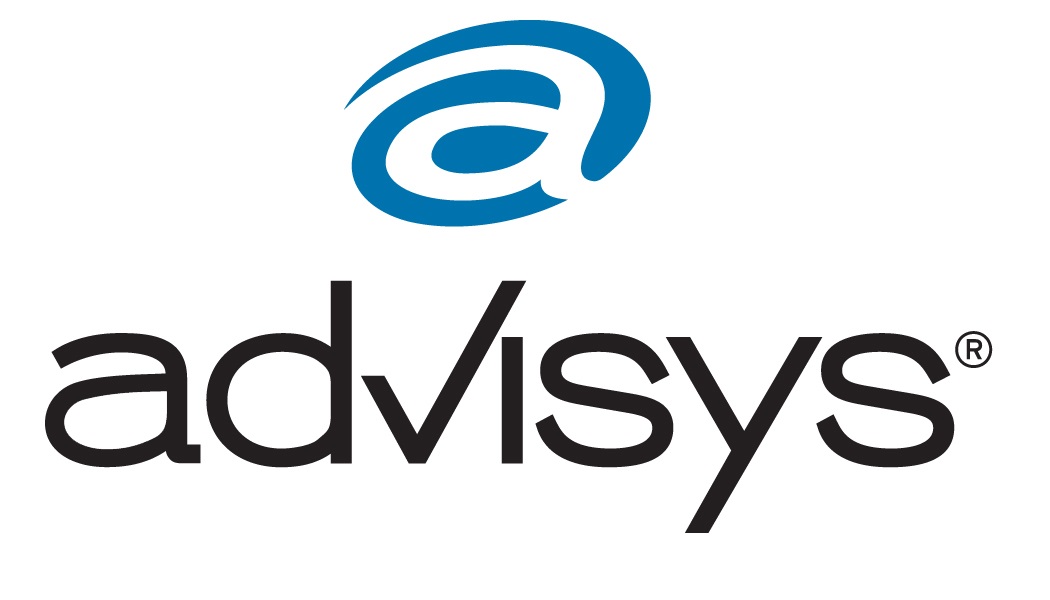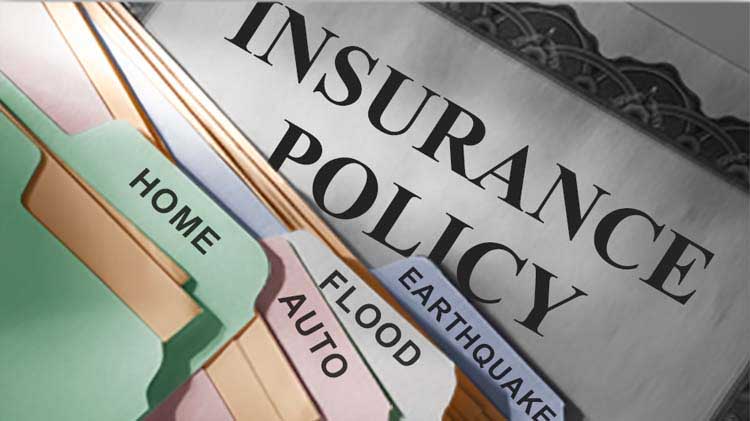What is individual liability insurance and what does it cover?
Liability insurance is typically a portion of the coverage for a home or vehicle policy. A Personal Liability Umbrella Policy may be another viable option for further protection.
Why individual liability insurance?
The risk of legal liability is a fact of modern life It is perhaps the largest financial risk most individuals face. Common incidents, such as an automobile accident, or a neighbor's child slipping on a kitchen floor, can result in lawsuits, with damage awards of enormous size. Without liability insurance, most individuals and families could be faced with a financial disaster.
Further, state law may require liability insurance. For example, some states have compulsory auto liability insurance laws, requiring auto owners to maintain automobile liability insurance as a condition of licensing or use on public roadways. Other states require auto owners to show financial responsibility after an accident.
Sources of individual liability insurance
Liability insurance is designed to cover an insured for acts of negligence that create a legal obligation to a third party. Such liability can have its source in any part of an individual's life. For many individuals, liability insurance is acquired as part of the package policies purchased to protect major assets such as a home, automobile, or watercraft. Typical[1] policies provide the following liability coverage.
- Homeowner's[2] insurance: Liability coverage under a homeowner's policy is provided in one of three sections:
- Personal liability: These are payments the insured is legally obligated to make because of bodily injury or property damage.
- Medical payments to others: These are medical expenses of injured third parties.
- Additional coverages: These cover certain expenses incurred by the insured in the event of bodily injury or property damage.
- Automobile insurance: Liability coverage under an automobile policy is provided in one of two sections:
- Automobile liability: These are payments the insured is legally obligated to make because of bodily injury or property damage due to an auto accident.
- Medical payments: These are medical or funeral expenses payable because of bodily injury.
- Watercraft liability insurance: Liability protection under a watercraft policy is typically provided in the protection and indemnity (P&I) section. P&I includes coverage for the following:
- Bodily injury: These are payments the insured is required to make for pain and suffering, disfigurement, loss of mobility, or actual medical costs.
- Property damage: Covers damage or destruction of someone else's property, including loss of use. Depending on the policy, additional coverage may be available for excess medical payments, longshoremen's and harbor worker's compensation, Jones Act and damage to wharfs and piers.
A standalone, comprehensive personal liability (CPL) policy can be purchased by individuals who do not have homeowner's insurance. Liability coverage under the CPL parallels that provided in a typical homeowner's package.
Policy exclusions
Standard policies specifically exclude liability arising from a number of activities or situations. Such exclusions limit the range of risks covered in a standard policy, allowing an insurer to provide the protection most commonly needed, at a reasonable cost. Policy coverage for these excluded risks can generally be added through an endorsement and payment of an additional premium or the purchase of a separate policy. Typical liability policy exclusions include the following:
- Business and professional activities: Coverage can be added for certain occupations.
- Watercraft: There are certain exceptions. A separate watercraft policy should be considered.
- Aircraft: A separate aircraft policy should be considered.
- Other: Excludes, among others, liability for bodily injury or property damage arising from war, communicable disease, sexual molestation or abuse, controlled substances, and workers compensation.
Personal Umbrella Excess Liability insurance
Personal umbrella excess liability insurance is designed to provide liability coverage for situations where potential liability could exceed the limits of the protection provided in a typical homeowner's, automobile, or watercraft policy. Those who have acquired wealth, and individuals practicing certain professions, often face such risks, simply because they are seen as having the ability to pay. To meet such needs, an individual may want to consider an umbrella excess liability policy.
The term "umbrella"derives from the fact that such policies require an insured to have a base amount of liability coverage, often in the form of specified policies. In the event of a covered loss, reimbursement comes first from the base policies. Liability in excess of the limits of the base policies is then covered by the umbrella or excess policy, up to its policy limits.
Coverage under an umbrella excess liability policy has two primary goals:
- To provide larger amounts of protection than are available under other policies.
- To broaden the protection, filling in coverage gaps that may exist. Umbrella liability policies generally have fewer exclusions than other policies.
Understand the policy
An insurance policy is a written contract between the insured and the insurance company. The protection provided by the policy typically represents a significant part of an individual's overall risk management program. Thus, it is important for an insured individual to read and understand key policy provisions such as the following.
- What losses are covered in the policy? A basic policy may not provide as much protection as is necessary.
- What losses are not covered? For an additional premium, perils or situations not covered can often be added to a policy.
- What are the limits of coverage? This refers to the maximum dollar amount the insurance company will pay in the event of a covered loss.
- What are the retention amounts? A retention is a dollar amount or percentage the insured must pay before the insurance company pays its portion of the loss.
- In the event of a loss, what are the duties of the insured? A policy will usually list the steps that must be taken in the event of a loss.
Seek professional guidance
Insurance agents and brokers, insurance counselors, and other trained financial consultants can help provide answers to detailed questions about a particular policy. These professionals are also helpful in selecting the right policy and the appropriate amount of coverage
[1] The specific coverage and terms of a policy will vary from company to company and from state to state.
[2] The liability coverage usually provided under a renter's or a condominium unit owner's policy is similar to that provided in a homeowner's policy.





